Value Added Tax (VAT) is a tax on the value added to goods and services in the UK. It is a indirect tax, meaning it is not paid directly by the consumer but is included in the price of goods and services.
In the UK, the standard rate of VAT is currently 20%. Some goods and services are taxed at a lower rate of 5% (e.g. domestic fuel and power) or are exempt from VAT (e.g. most food and children’s clothing).
VAT registered businesses are required to charge VAT on their sales and can claim back the VAT they have paid on their purchases. They are also required to file periodic VAT returns with HM Revenue & Customs (HMRC) and pay any VAT owed to the government.
The revenue generated from VAT goes towards funding public services in the UK.
The detailed rules are complex and every case needs to be looked at individually but generally, VAT works in the following way;
VAT is charged on things like:
- business sales – for example when you sell goods and services
- hiring or loaning goods to someone
- selling business assets
- commission
- items sold to staff – for
example canteen meals - business goods used for personal reasons
- ‘non-sales’ like bartering, part-exchange and gifts
These are known as ‘taxable supplies’.
Responsibilities
VAT-registered businesses:
- must charge VAT on their goods or services
- may reclaim any VAT they’ve paid on business-related goods or services
If you’re a VAT-registered business you must report to HM Revenue and Customs (HMRC) the amount of VAT you’ve charged and the amount of VAT you’ve paid. This is done through your VAT Return which is usually due every 3 months.
Taxlab provide a cost effective VAT service which will ensure you are compliant and not overpay, which includes:
- Advising you when to register for VAT registration
- Applying for a VAT Registration
- Advice on VAT planning and administration
- Use of the most appropriate scheme
- VAT control and reconciliation
- Completing VAT returns
- Planning to
minimise - Negotiating with Customs and Excise in disputes and representing you at VAT tribunals
We provide a free non-obligation VAT healthcheck that can assess whether you are over or underpaying VAT.
